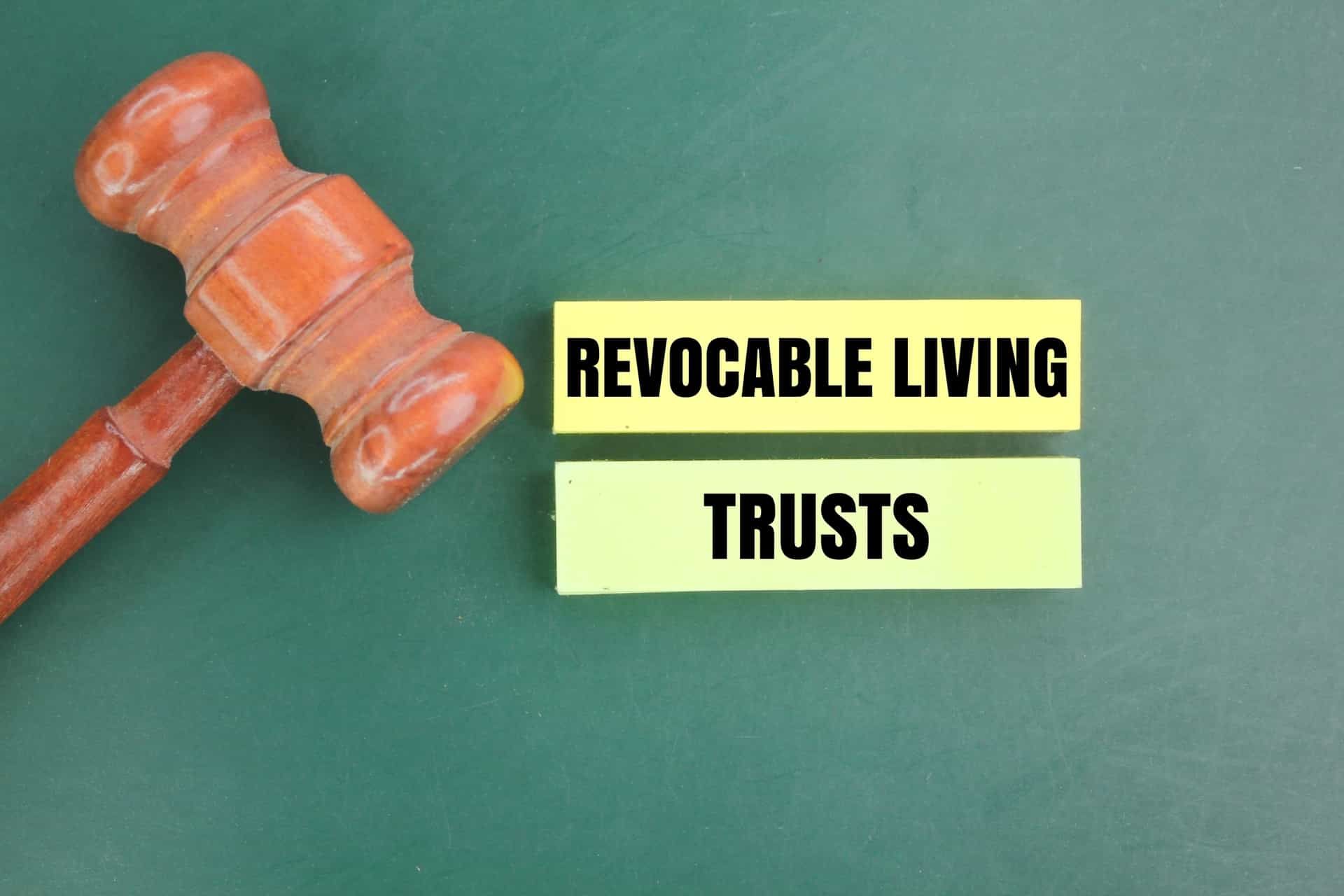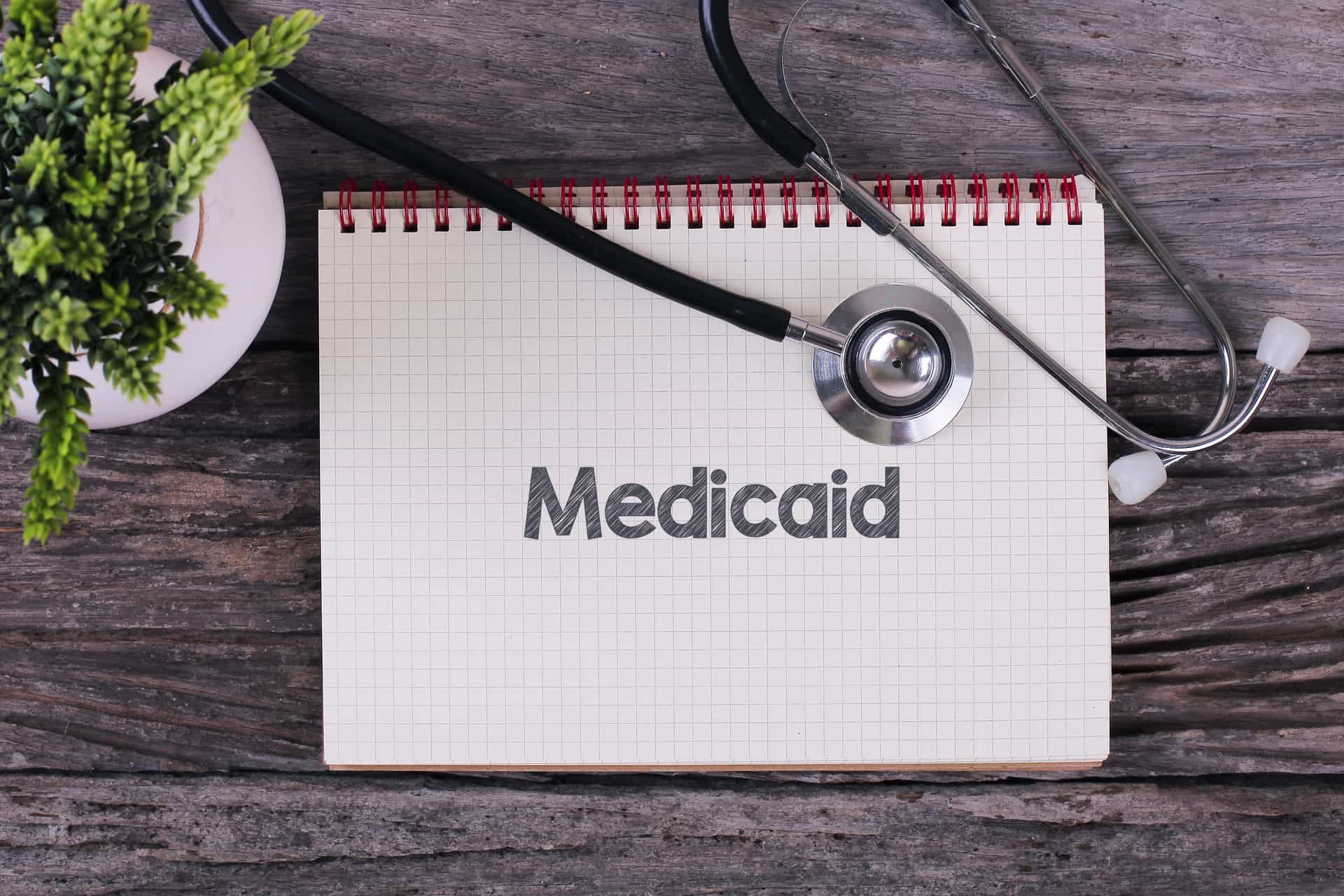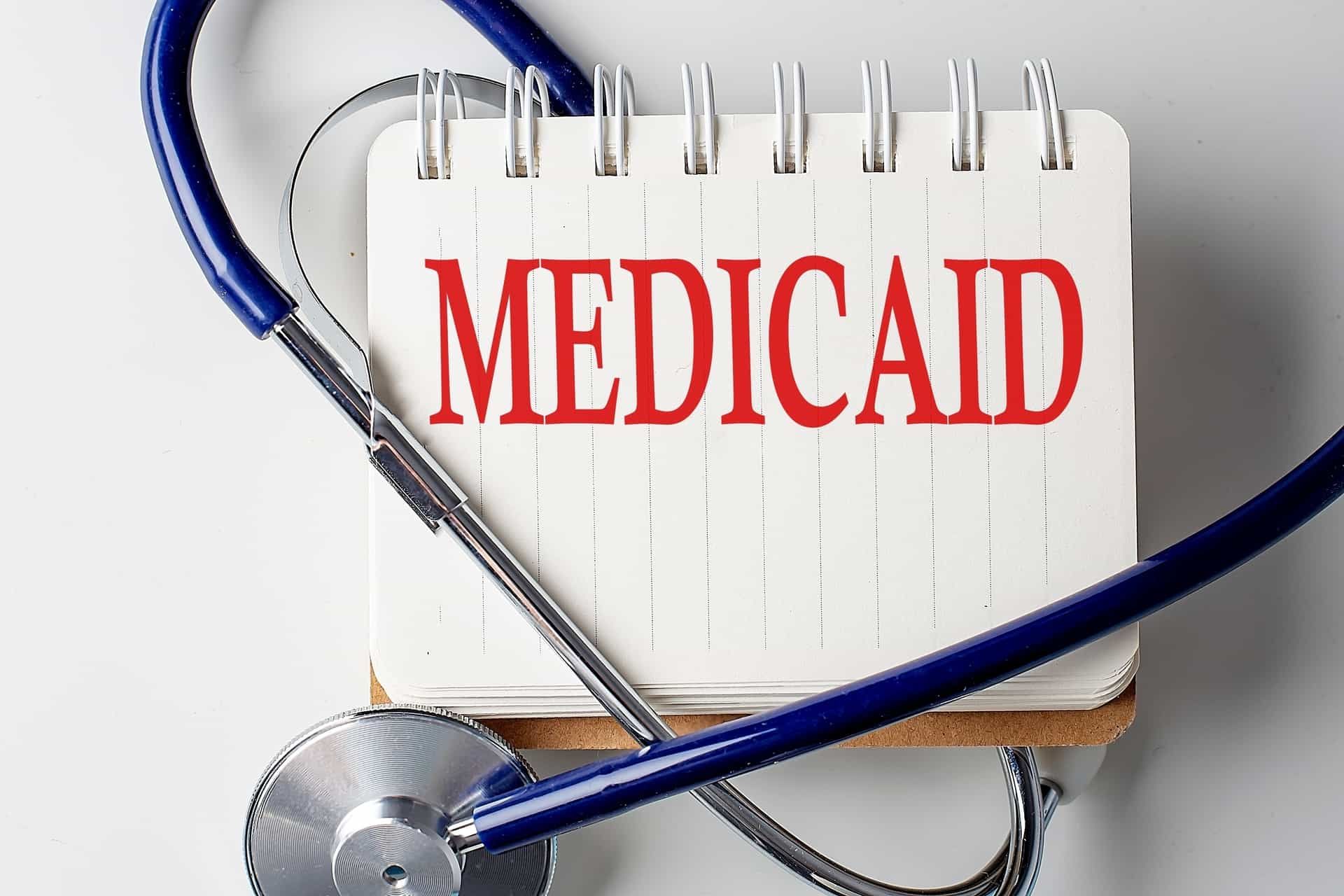When Guardianship and Power of Attorney Conflict: Insight From Your Guardianship Attorney
Understanding the distinction between guardianship and power of attorney is extremely helpful as they are legal mechanisms that safeguard individuals who are incapable of making decisions due to physical or mental incapacitation.
Knowing how these tools work and their respective roles can help in effectively planning and safeguarding the welfare of your loved ones. This article aims to provide an in-depth understanding of the power of attorney, guardianship, and all that they entail.
Guardianship Explained
Guardianship is a court-appointed legal relationship between a guardian and a ward (the person in need of assistance). Guardianship aims to protect and promote the welfare of the ward by making critical decisions on their behalf, including managing their finances, medical needs, and living situations.
There are three main types of guardianship:
General guardianship: A general guardian has broad authority to manage all aspects of the ward’s personal and financial affairs.
Limited guardianship: A limited guardian has authority over specific areas of the ward’s life, as determined by the court.
Temporary or emergency guardianship: This type of guardianship is granted on a short-term basis in situations where urgent intervention is necessary to protect the ward’s health, safety, or financial interests.
To appoint a guardian, you need to file a petition with the court and undergo a detailed investigation process that culminates in a hearing.
If the court deems guardianship necessary and appropriate, the appointed guardian has a fiduciary duty to act in the best interests of the ward. However, the guardian is monitored by the court and must adhere to reporting requirements.
Power of Attorney Explained
A
power of attorney (POA) is a document that gives another person, called the agent or attorney-in-fact, the power to act on behalf of someone else, who is called the principal. This is often used when the principal is unable to make decisions because of illness, injury, or being away.
There are four main types of power of attorney:
General power of attorney: Grants broad authority to the agent to manage the principal’s affairs, such as financial transactions and property management.
Durable power of attorney: Stays in effect regardless of incapacitation of the principal. This ensures that the agent can continue making decisions on their behalf.
Special or limited power of attorney: Grants specific powers to the agent for a set purpose or time period.
Springing power of attorney: This POA becomes effective only during a particular event, such as the principal’s incapacitation.
Creating a power of attorney involves drafting and signing a legally binding document, often with the assistance of an attorney. The principal can revoke the POA at any time, as long as they are mentally competent. Agents, like guardians, have a fiduciary duty to act in the principal’s best interest.
Does Guardianship Supersede Power of Attorney?
When it comes to guardianship and power of attorney, one common question is whether guardianship supersedes power of attorney. In general, guardianship does have more legal authority than power of attorney.
While a power of attorney grants an individual the right to make decisions on behalf of another person, guardianship is a court-ordered appointment that gives the guardian legal authority over the individual’s affairs.
However, there are certain circumstances where a power of attorney might still be valid even if guardianship has been established. For example, if power of attorney was granted before the guardianship, or if the guardianship is limited in scope, power of attorney might still be in effect. So, does guardianship override power of attorney? In most cases, yes.
Resolving Conflicts Between Guardianship and Power of Attorney
There are several ways to resolve conflicts between guardianship and power of attorney:
Communication and collaboration: Open dialogue and cooperation between the guardian and agent are crucial in ensuring that the ward’s or principal’s best interests are served. Both parties should work together to make decisions and share information.
Mediation or alternative dispute resolution: If communication and collaboration are insufficient, mediation or other alternative dispute resolution methods can help resolve conflicts without resorting to court intervention. A neutral third party, such as a mediator, can help facilitate discussions and guide both parties toward a mutually agreeable solution.
Court intervention and legal remedies: In cases where conflicts cannot be resolved through communication or mediation, court intervention may be necessary. The court can provide guidance, impose legal remedies, or make binding decisions to resolve the conflict and protect the ward’s or principal’s interests.
Effectively addressing conflicts between guardianship and power of attorney is crucial to ensuring the best possible outcome for the ward or principal, and a combination of open communication, mediation, and legal remedies can pave the way for a harmonious and successful resolution.
Benefits of Working with a Sarasota Guardianship Attorney
Now that we’ve covered some of the basics of guardianship and power of attorney, let’s turn our attention to the benefits of working with a Sarasota guardianship attorney.
One of the primary advantages of working with a local attorney is that they can provide personalized attention and support throughout the process. Guardianship can be a complex and emotional issue, and having a trusted advisor by your side can make a big difference in navigating the legal system.
Another benefit of working with a
Sarasota guardianship attorney is that they are familiar with the local court system and laws.
Hiring a local attorney can be crucial for filing paperwork accurately and presenting your case effectively in court. They are skilled in ensuring all required documentation is submitted correctly and can present your case in the most favorable manner.
Working with a Sarasota guardianship attorney can also help minimize the risk of legal challenges or disputes down the line. A qualified attorney can help ensure that all of the legal requirements are met and that the guardianship is established in a way that will withstand potential challenges.
If you need a Sarasota guardianship attorney, contact the experienced team at
Doane & Doane. For over 20 years, we’ve worked on countless guardianship cases, and we’d be happy to assist you with yours. Contact us today at 561-656-0200 to arrange a free consultation.
The information in this blog post is for reference only and not legal advice. As such, you should not decide whether to contact a lawyer based on the information in this blog post. Moreover, there is no lawyer-client relationship resulting from this blog post, nor should any such relationship be implied. If you need legal counsel, please consult a lawyer licensed to practice in your jurisdiction.
Disclaimer: The information on this website and blog is for general informational purposes only and is not professional advice. We make no guarantees of accuracy or completeness. We disclaim all liability for errors, omissions, or reliance on this content. Always consult a qualified professional for specific guidance.
RECENT POSTS
CONTACT US
We will get back to you as soon as possible.
Please try again later.
GET IN TOUCH
We will get back to you as soon as possible.
Please try again later.
Quick Links
Practice Areas
Contact Us
Palm Beach Gardens office:
2979 PGA Boulevard #201,
Palm Beach Gardens, FL 33410
All Rights Reserved.
Website Designed & Managed by Oamii.






